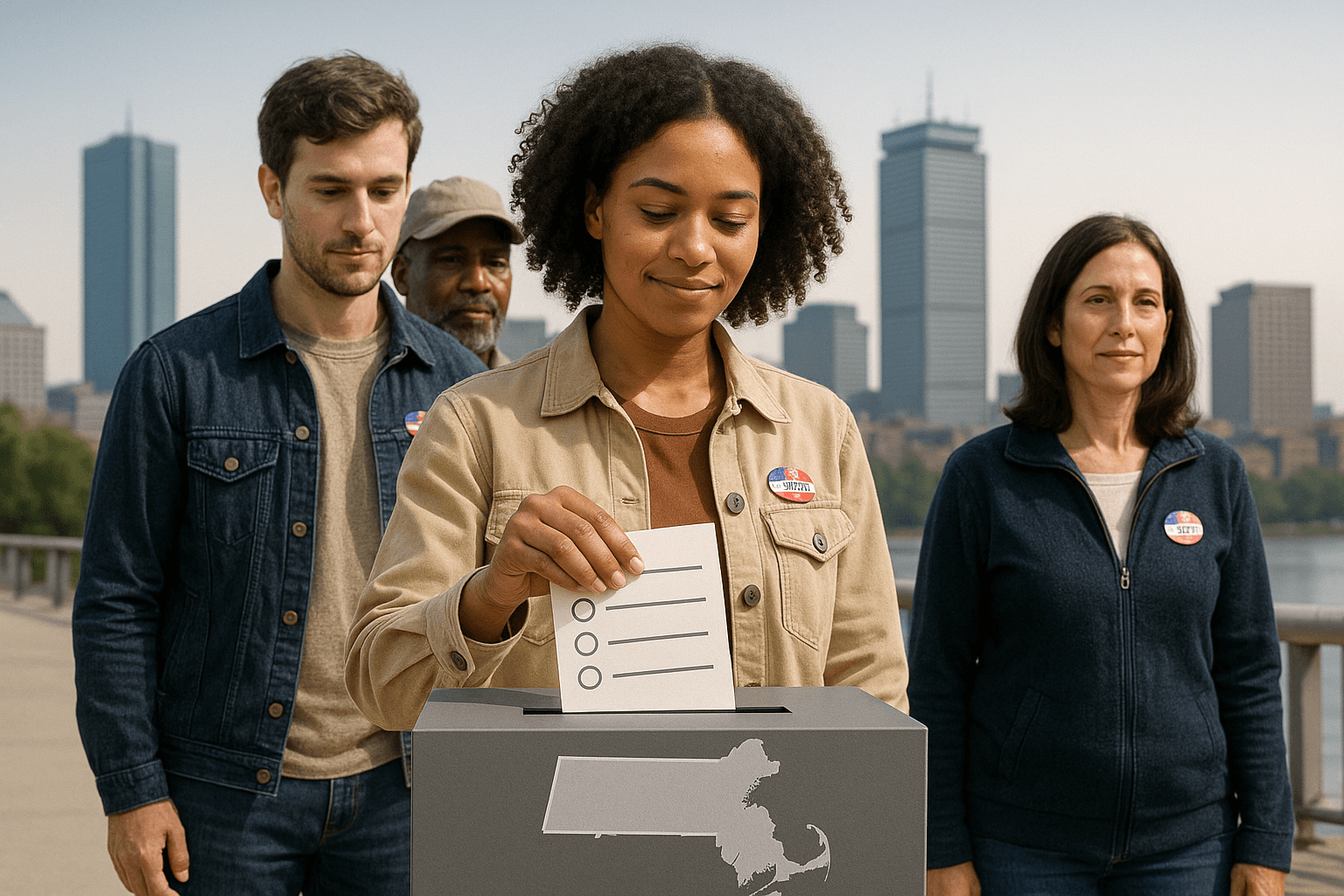The rise of the moderate political movement

In today’s political environment, it can be easy to forget that more than a third of Americans consider themselves to be moderates. Moderates are, of course, (in)famous for their rejection of partisan politics and their critique of the ideological political polarization we have come to expect from the Democratic and Republican parties.
While moderates still constitute a significant portion of both Democrats and Republicans (32% and 29% respectively), they can be found in the largest numbers among self-described Independents, of whom nearly half identify themselves as moderate (48%). See this Pew Research survey from July. If current trends continue, we are likely to see an increase in moderate third party activism, as well as more high profile Independent candidates for office who seek to create a political base for themselves with the help of the moderate activist and voter.
The Modern Whig Party, for instance, received a boost last week with a front page article on the group in the Wall Street Journal that profiled its efforts to “tap the angry middle.” In their call for “common sense, rational solutions ahead of ideology and partisan bickering,” which is sounded on the front page of their website, the Modern Whigs aim specifically at reaching out to the moderate voter.
They have their work cut out for them in California. As reported at the WSJ:
“the party would need 90,000 registered voters, or 900,000 signatures, to appear on ballots as a qualified political party. The state party currently has about 100 registered voters and 15 or 20 active members.”
Alan Reynolds, the Deputy State Chairman of the party’s California affiliate, says the group is currently focusing on raising its profile among Californians and getting them involved with the political process.
“Our focus is on continuing to develop our message and let people know that we are a real option for them. We are working toward our goal of becoming a qualified political party in California . . . and encouraging people to make their presence felt in local government, whether that is to run for office, appointed positions, or just to be involved,” he wrote in an interview via email.
Calls for moderation in California’s politics featured prominently this year in the run-up to the state’s primary elections. Supporters of Proposition 14, which was passed in June, argued that the “top two” open primary system would lead to the election of more moderate representatives. Though the CA Modern Whigs will not be running any candidates of their own this year, Mr. Reynolds says they will be looking to “find candidates in other parties that we feel somewhat reflect our values in order to recommend them.” He continues, “we need to support candidates that will listen to the voters and legislate what their constituents believe in these are Independents, Republicans, Democrats, or third party candidates.” They also intend to post a voters’ guide on the November ballot propositions.
On the East Coast, a number of high profile Independent candidates for office this year are staking out ground between their major party rivals, and seeking to draw moderate voters from among the ranks of Independents, Democrats and Republicans alike. Defying conventional political wisdom, they are having a decisive effect in their respective races and in some cases even outpolling the Republican and Democrat. In Maine, Independent gubernatorial candidate Eliot Cutler is clearly worrying Democratic and Republican party strategists. In Rhode Island, Lincoln Chafee came out with an early lead against his Democratic and Republican opponents in the state’s gubernatorial race, which now also includes Ken Block, the candidate of the Moderate Party of Rhode Island. In Florida, Charlie Crist’s Independent run for US Senate has resulted in a competitive three-person race.
Moderates and Independents are organizing in the blogosphere as well. Solomon Kleinsmith maintains the website Rise of the Center and has recently begun an effort networking with centrist, moderate and independent bloggers. (Full disclosure: I was invited to join this group and happily accepted.) He sees such work as a necessary counterpoint to the online media infrastructure that has been established by Democrats and Republicans on the left and the right.
“There is a gigantic amount of people that stand between the two parties that are either not represented through them in government, or underrepresented by them. This huge group of increasingly disaffected Americans deserve passionate voices that speak for them,” he responded when asked what spurred him to launch the effort.
It is an axiom of political commentary today that the Democratic and Republican parties are hopelessly polarized, compromising their ability to confront the many serious issues facing the country. Our last two presidents campaigned against the trappings of partisan excess. George W. Bush famously stated, “I’m a uniter, not a divider.” Similarly, Barack Obama promised a “post-partisan” presidency in his presidential campaign.
Both proved to be highly polarizing figures within the context of the reigning bipolar party system. It should come as no surprise that moderates have begun to seek out Independent and third party alternatives to politics as usual.




